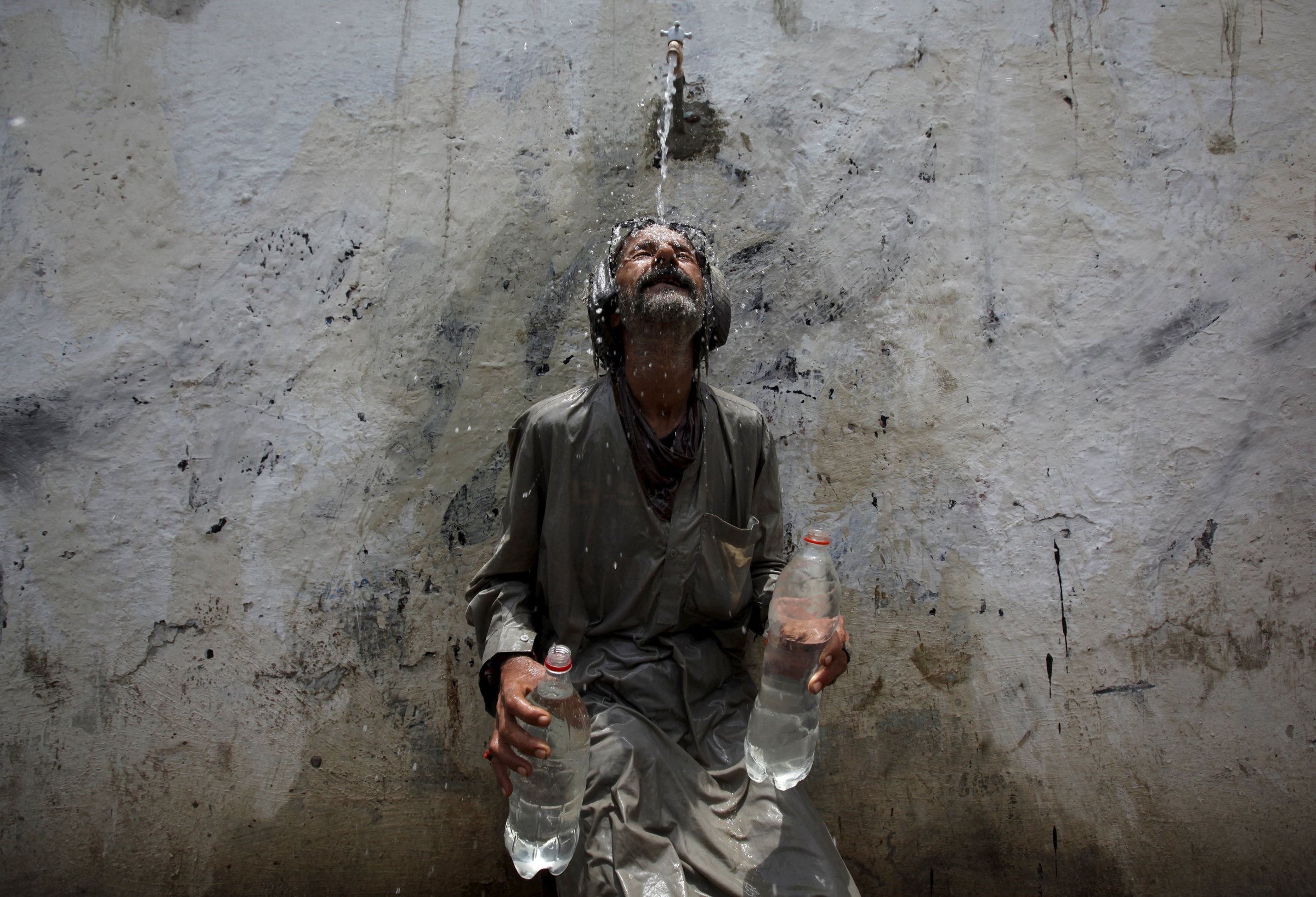
The death toll in Pakistan’s scorching heat wave, at least 838 deaths as of Wednesday afternoon, continues to rise.
At its epicenter is Karachi, home to 20 million people and the capital of the southern Sindh province. With temperatures reaching 113 degrees, hours-long power outages and insufficient running water contributed to make this heat wave the worst in a decade, the Associated Press reports.
The army has set up special heatstroke centers to help local officials deal with the situation, Maj. Gen. Asghar Nawaz, chairman of the National Disaster Management Authority, said. But hospitals have struggled to help victims, as most of them were the elderly, women and children. “Unfortunately, many victims were already unconscious when they were brought to our hospital in the past three or four days,” said Seemi Jamali, a spokeswoman for Karachi’s main Jinnah Hospital. “It was difficult to help them.”
Read next: Pakistan Declares a State of Emergency as Heat Wave Death Toll Soars to Nearly 800
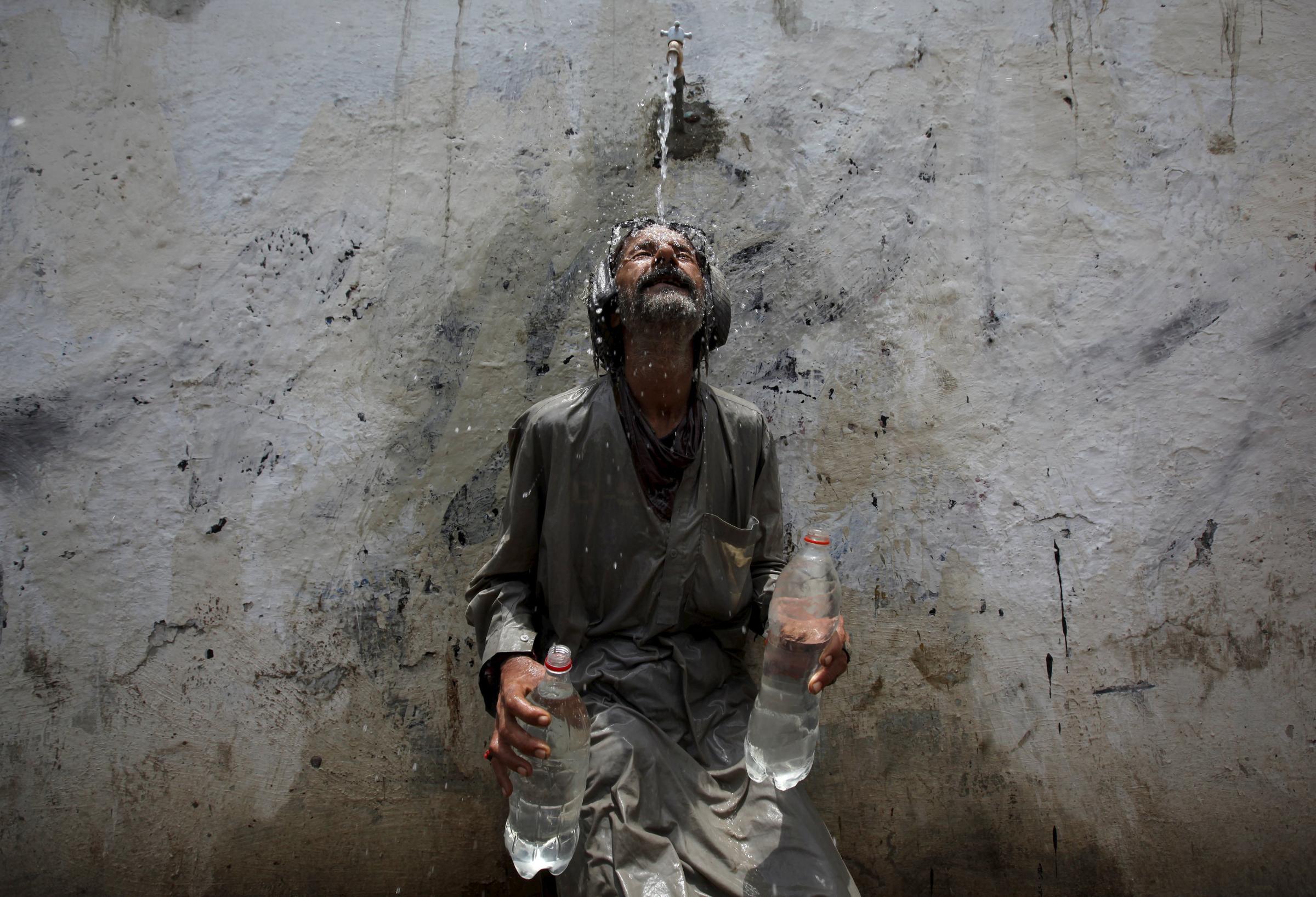
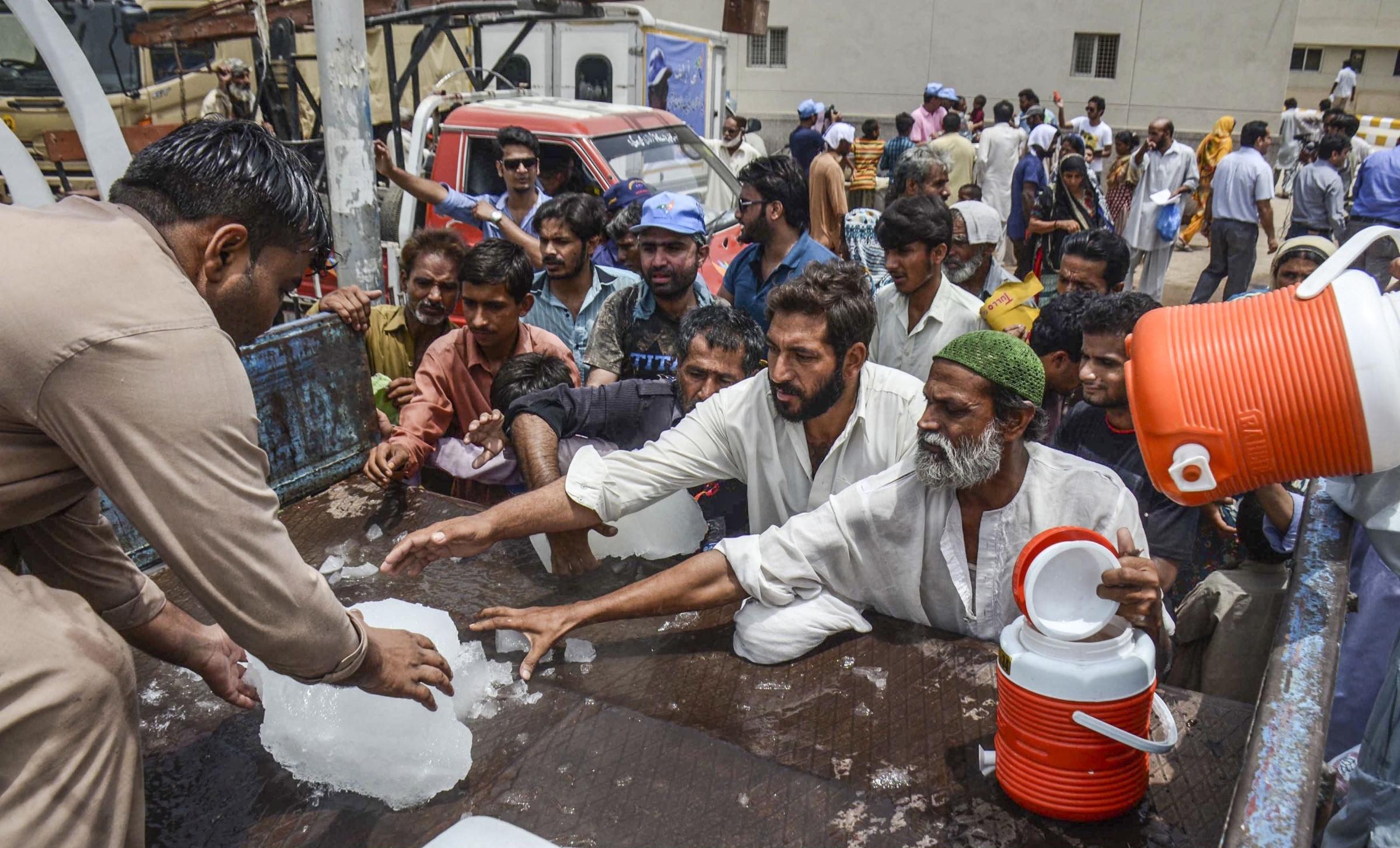
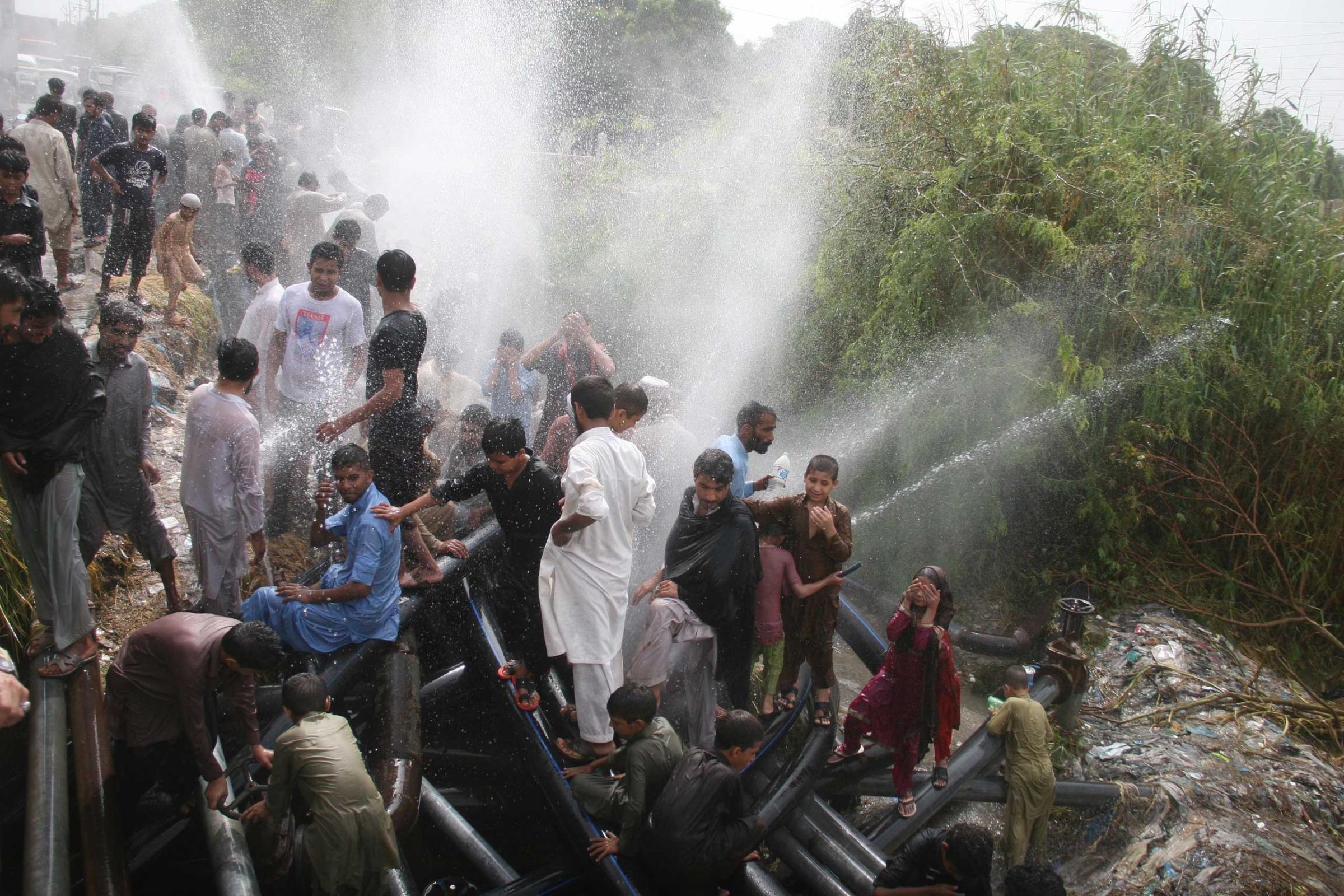
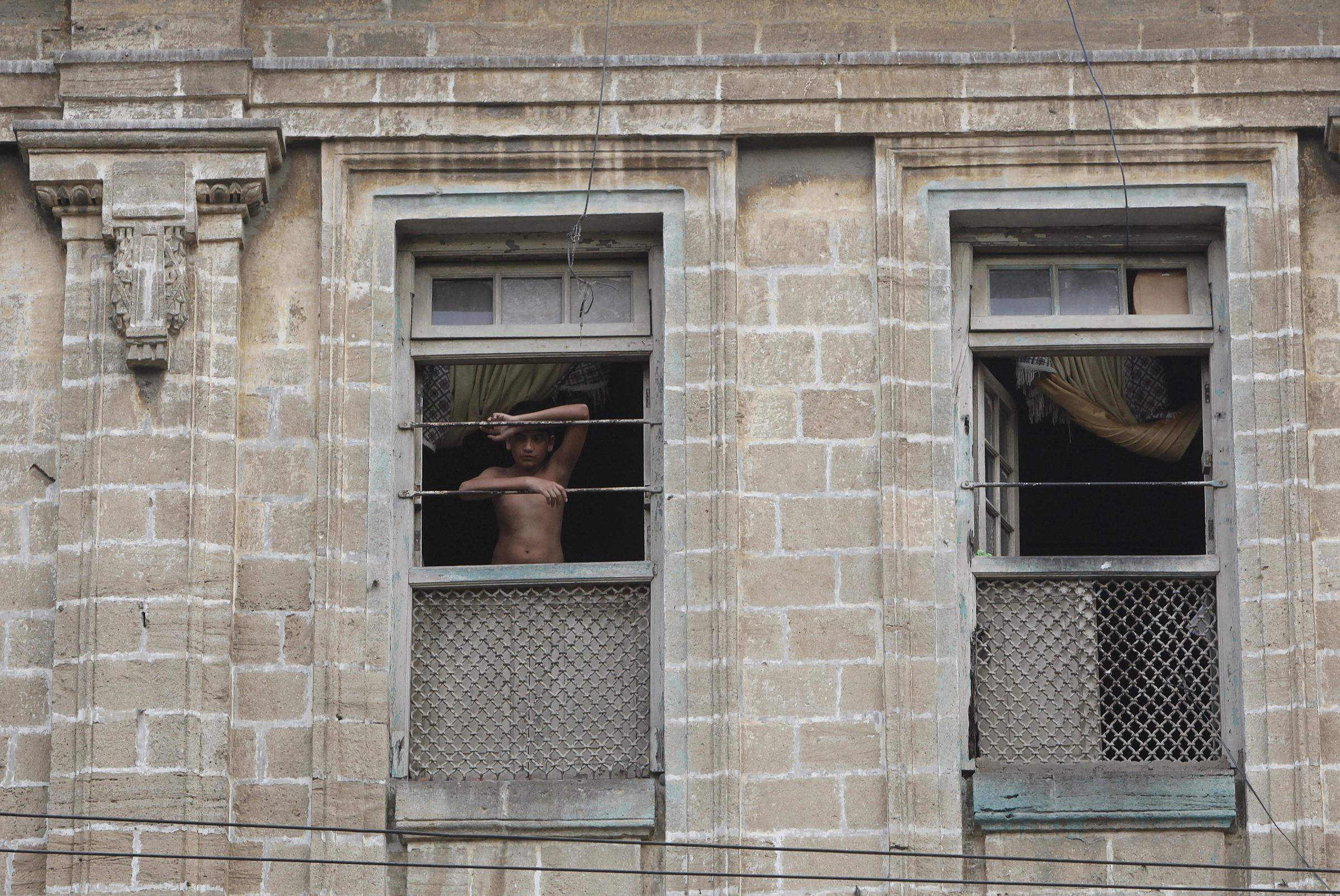
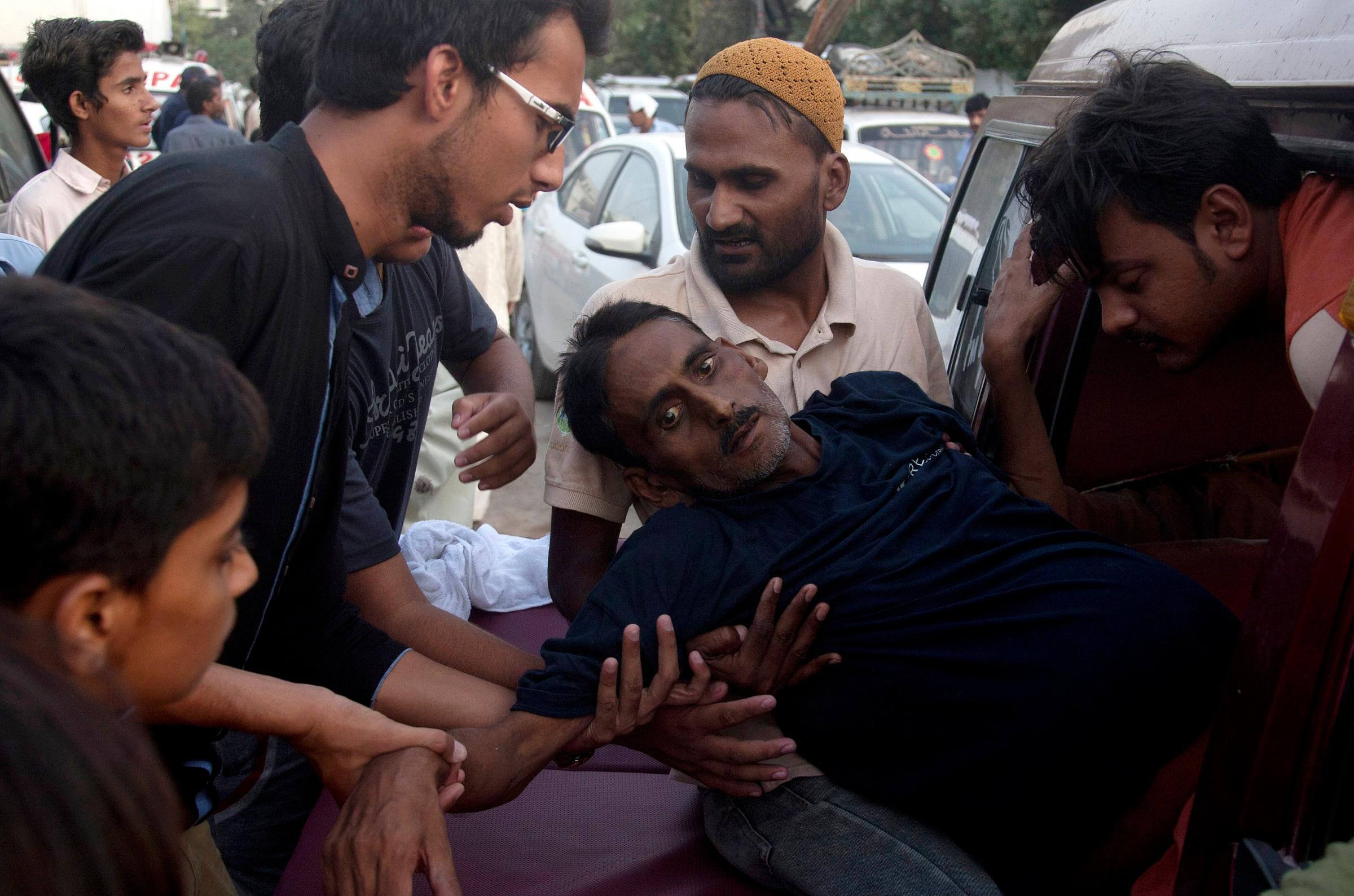
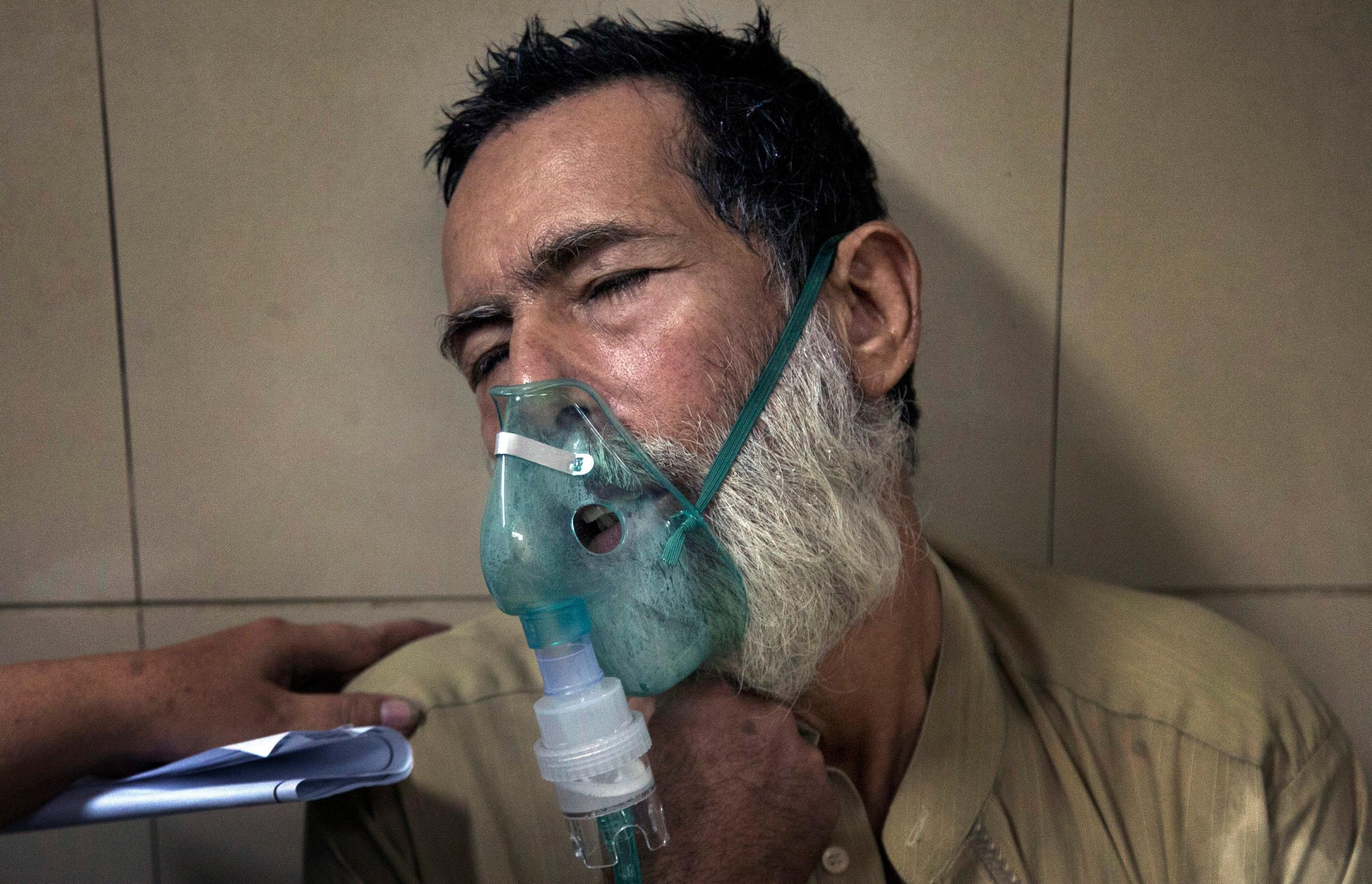
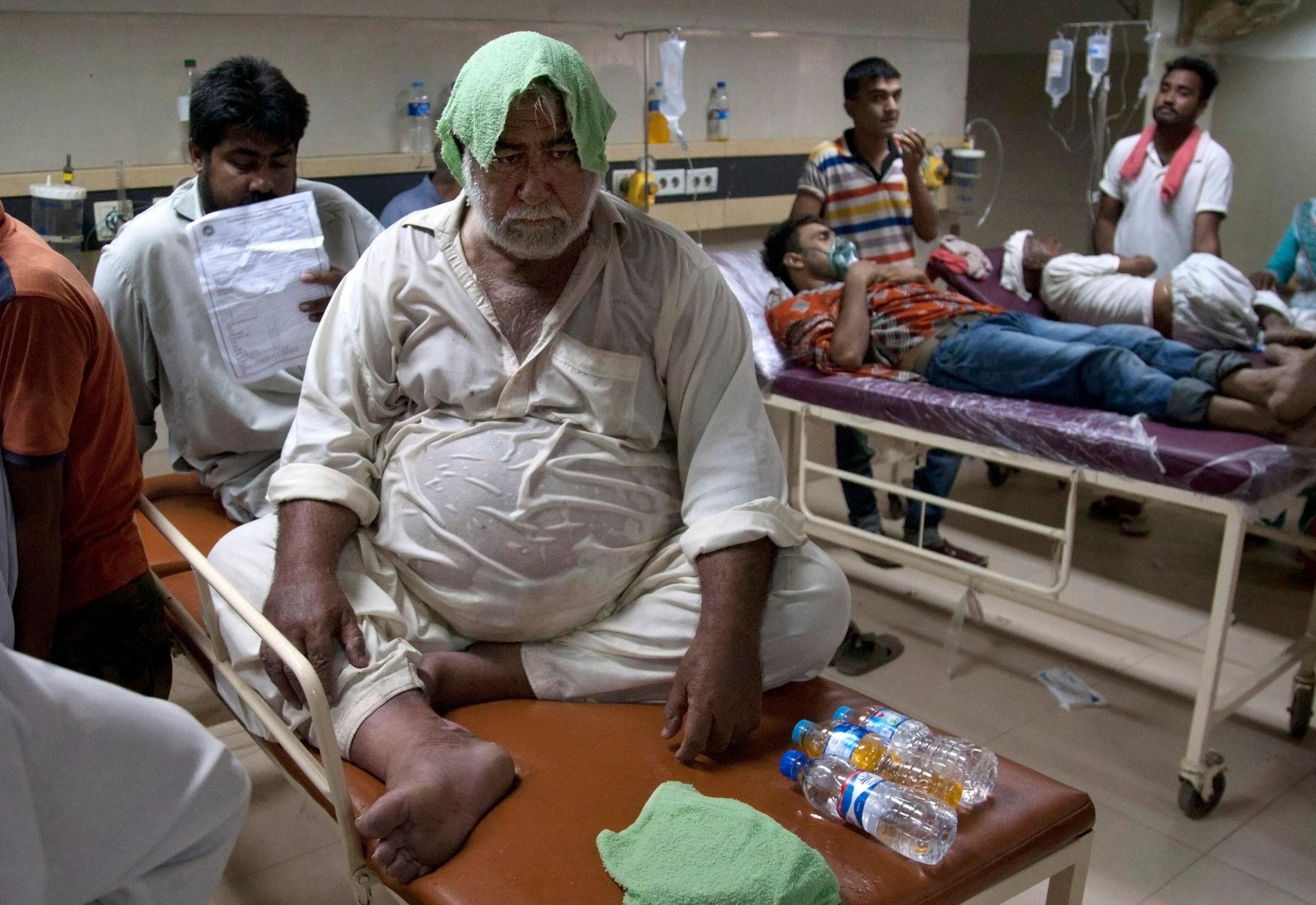
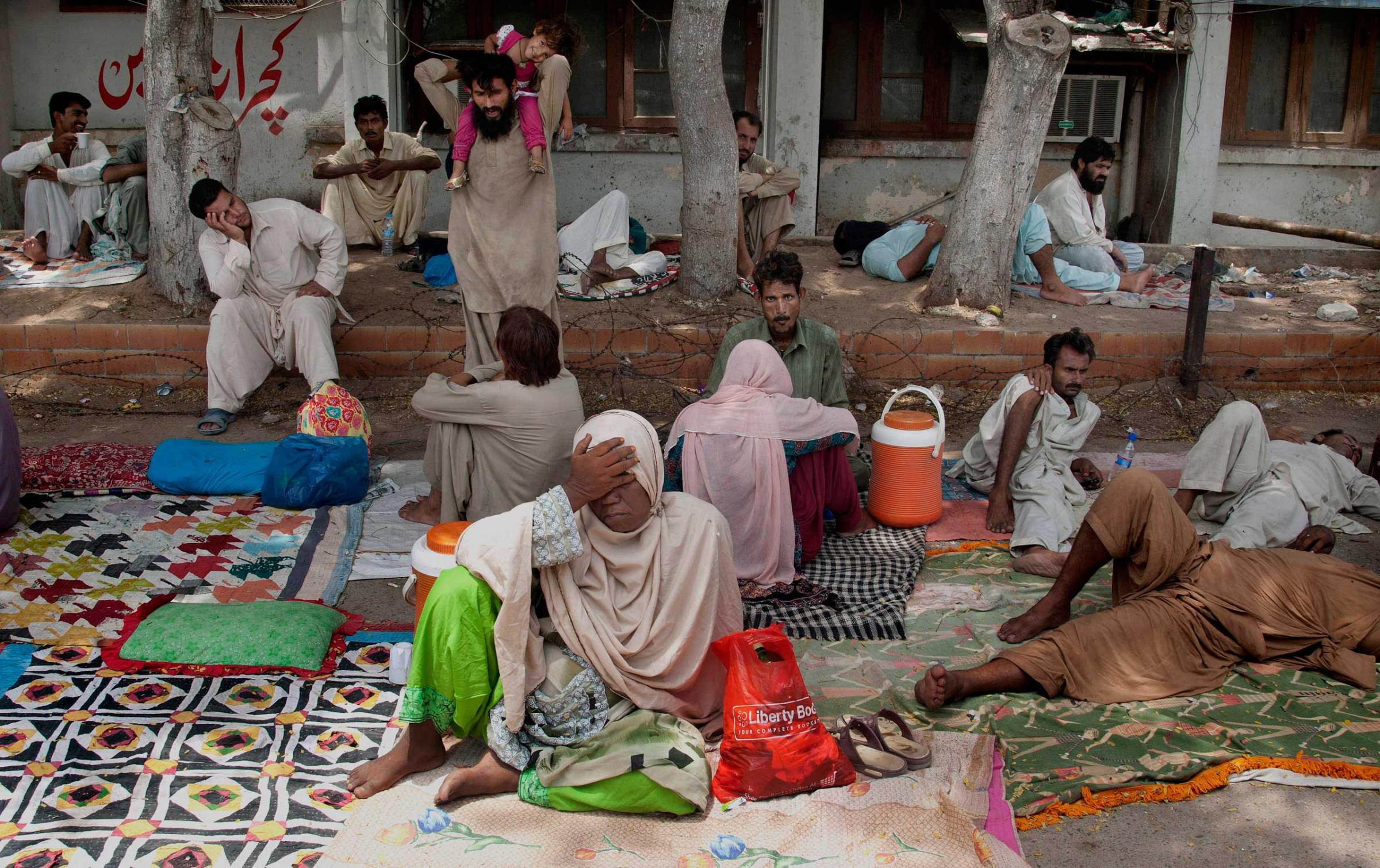
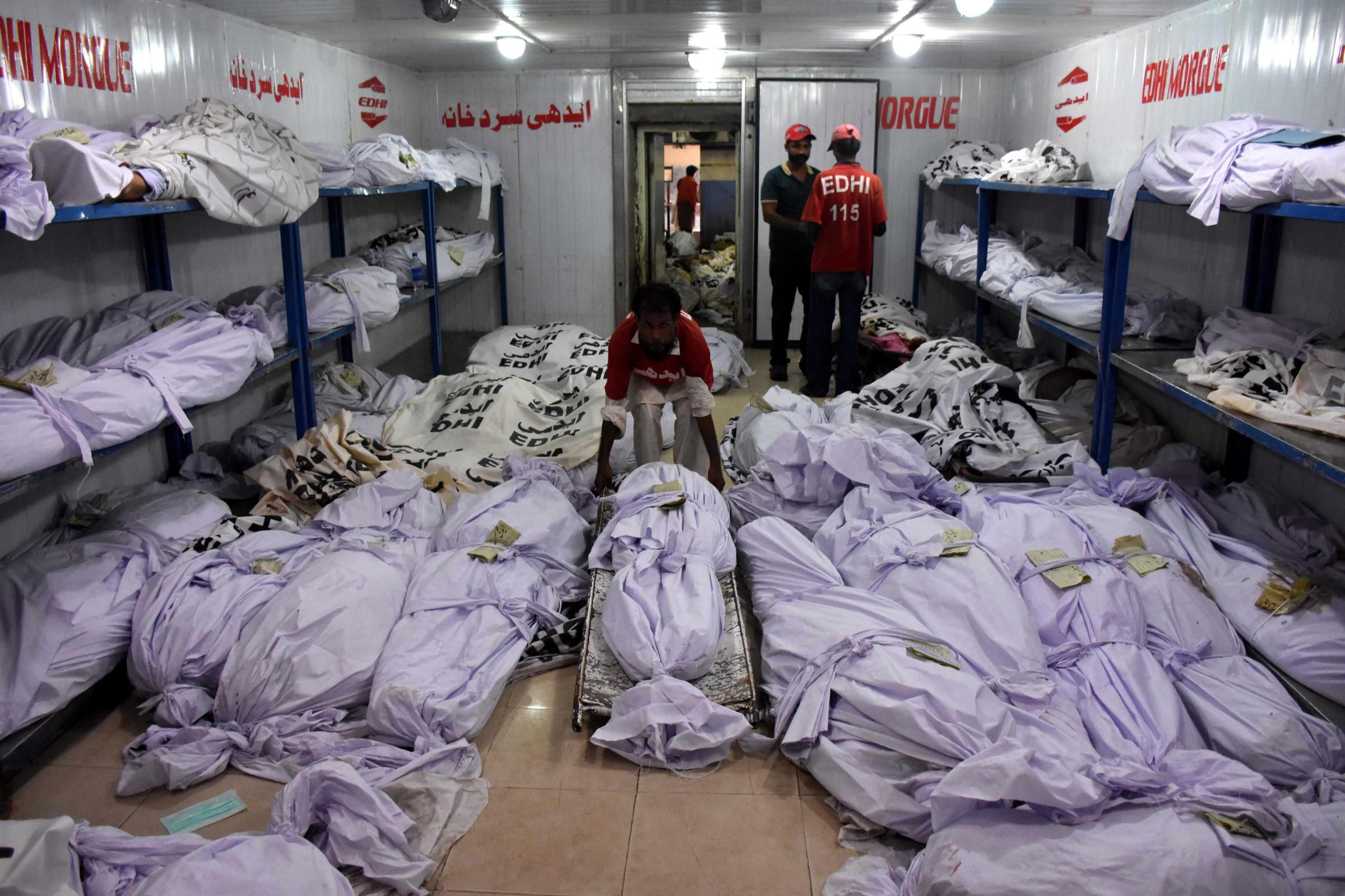
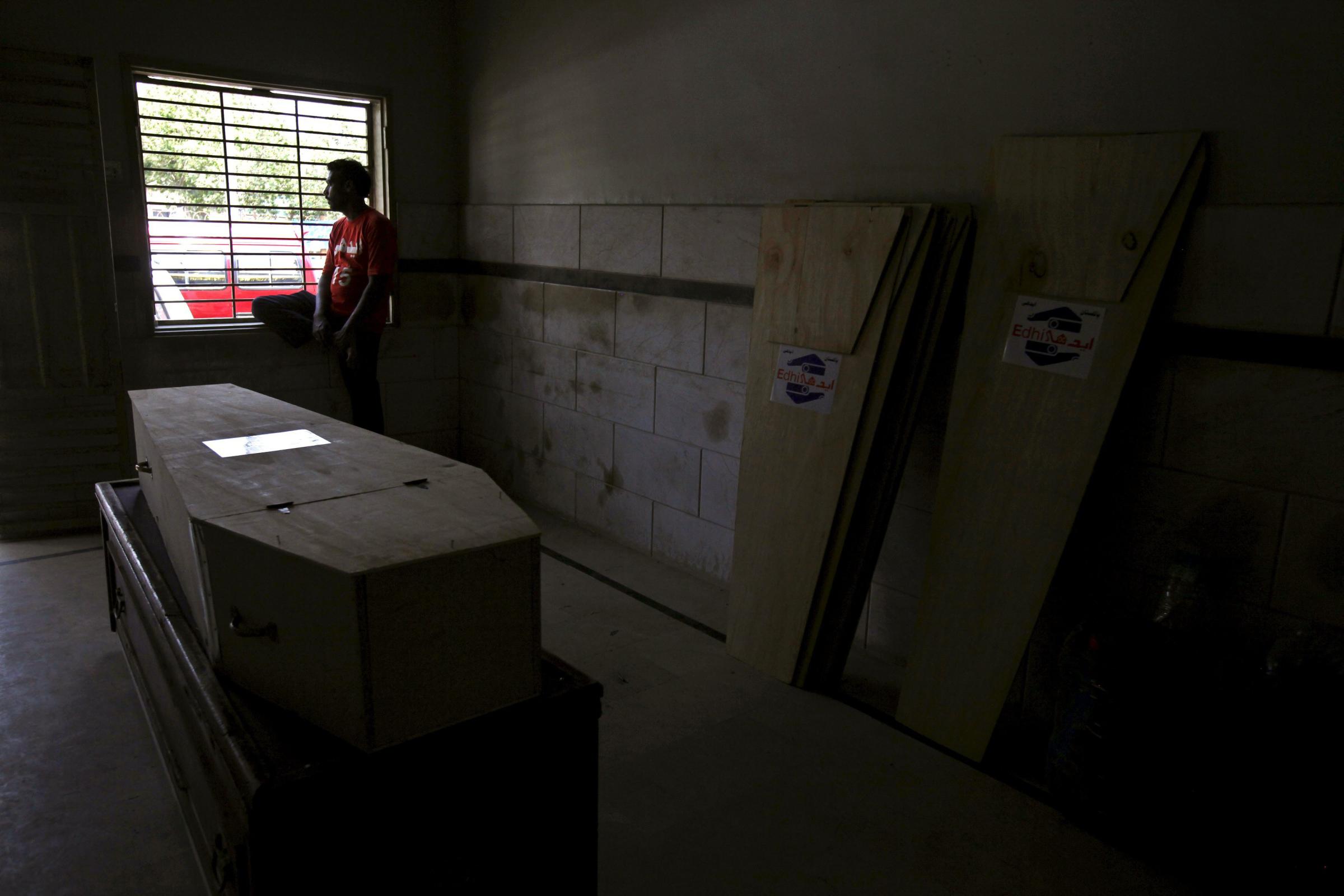
More Must-Reads From TIME
- The 100 Most Influential People of 2024
- Coco Gauff Is Playing for Herself Now
- Scenes From Pro-Palestinian Encampments Across U.S. Universities
- 6 Compliments That Land Every Time
- If You're Dating Right Now , You're Brave: Column
- The AI That Could Heal a Divided Internet
- Fallout Is a Brilliant Model for the Future of Video Game Adaptations
- Want Weekly Recs on What to Watch, Read, and More? Sign Up for Worth Your Time
Contact us at letters@time.com